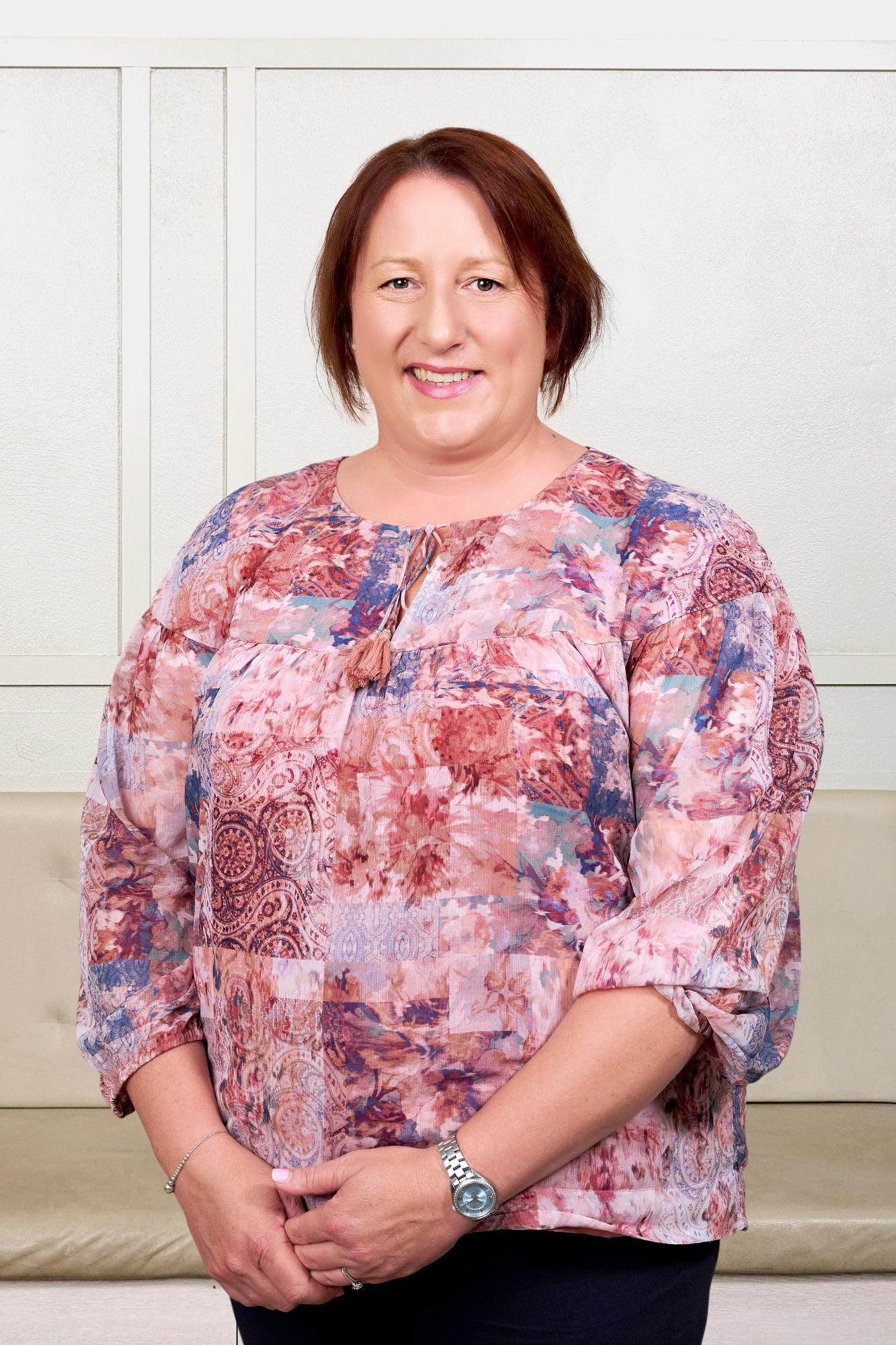Common Mistakes to Avoid When Drafting a Will in Australia
A well-drafted will is essential to ensure that your assets are distributed according to your wishes and that your loved ones are provided for. However, many people make critical mistakes when drafting their wills, which can lead to disputes, legal challenges, or unintended consequences. Understanding and avoiding these common errors can help you create a legally sound and enforceable will.

Our Wills and Estate Lawyers are here to help. Contact us for support.
Failing to Meet Legal Requirements
In Australia, a will must meet specific legal requirements to be considered valid. One of the most common mistakes individuals make is failing to comply with these formalities, which can result in the will being declared invalid or subject to legal challenges. To ensure a will is legally enforceable, it must be in writing—whether handwritten, typed, or printed—and signed by the testator in the presence of at least two independent adult witnesses. Additionally, the person making the will must have testamentary capacity, meaning they fully understand the nature and consequences of their decisions regarding the distribution of their assets.
If a will does not meet these fundamental requirements, it may be ruled invalid by the court. In such cases, the deceased’s estate will be distributed according to intestacy laws rather than the testator’s intentions. This can lead to unintended outcomes, including certain beneficiaries being excluded or disputes arising among family members. Legal advice is often recommended to ensure that a will is properly drafted and executed, reducing the risk of complications and ensuring the testator’s wishes are legally protected.
Summary:
-
A will must be properly signed and witnessed.
-
The testator must have legal capacity when making the will.
-
Failure to comply with legal requirements can result in intestacy.
Not Updating the Will After Major Life Events
Many people create a will but fail to update it after significant life changes, such as marriage, divorce, the birth of children, or changes in financial circumstances. In Australia, marriage can automatically revoke an existing will unless it explicitly states otherwise, potentially leaving assets to unintended beneficiaries. Similarly, divorce may affect certain provisions, such as gifts left to an ex-spouse or their appointment as an executor, which could lead to complications in estate administration. If these changes are not addressed, the distribution of assets may not align with the testator’s true intentions, increasing the risk of disputes among beneficiaries.
Regularly reviewing and updating a will is essential to ensuring it accurately reflects current wishes and circumstances. It is generally recommended to revisit an estate plan every few years or after any major life event, such as acquiring significant assets, the passing of a beneficiary, or changes in family dynamics. Keeping a will up to date helps prevent legal uncertainties and ensures that the testator’s estate is distributed according to their latest intentions. Seeking legal advice when making updates can further help ensure compliance with Australian laws and avoid potential challenges.
Summary:
-
Marriage or divorce can affect the validity of your will.
-
Changes in assets or beneficiaries should be reflected in an updated will.
-
Regular reviews help prevent unintended consequences.
Appointing an Unsuitable Executor
The executor of a will plays a crucial role in administering the estate, ensuring all debts and taxes are paid, and distributing assets according to the testator’s wishes. Selecting an unsuitable executor—such as someone who lacks financial knowledge, is unwilling to take on the responsibility, or has conflicts of interest—can result in delays, mismanagement, or disputes among beneficiaries. An executor must be capable of handling legal and financial matters, communicating effectively with all involved parties, and making impartial decisions. Failure to choose a responsible executor can lead to complications, including prolonged probate processes or legal challenges from disgruntled beneficiaries.
When appointing an executor, it is important to consider their availability, organisational skills, and willingness to act in the best interests of the estate. A reliable executor should be able to manage administrative tasks efficiently, maintain accurate records, and handle any potential conflicts professionally. If an estate is particularly complex—such as one involving business interests, multiple properties, or international assets—it may be beneficial to appoint a professional executor, such as a solicitor or trustee company. Professional executors have the legal expertise to navigate estate administration, ensuring compliance with Australian laws and minimising the risk of disputes.
Summary:
-
An executor must be capable of handling estate administration.
-
Avoid appointing someone with potential conflicts of interest.
-
Consider professional assistance for complex estates.
Being Vague or Ambiguous in Asset Distribution
Unclear or ambiguous wording in a will can create significant complications, leading to disputes among beneficiaries, legal challenges, and unintended asset distributions. Vague phrases such as “I leave my property to my children” may cause confusion, particularly in blended families or situations where there are multiple properties. Without clear definitions, beneficiaries may interpret the will differently, potentially resulting in conflicts that require court intervention. Ambiguities can also arise when assets are not explicitly allocated, leaving the executor with difficult decisions that may not align with the testator’s true intentions.
To prevent confusion and ensure the smooth distribution of assets, it is essential to use precise language in a will. Clearly identifying beneficiaries by their full names, specifying detailed descriptions of properties or assets, and stating exact percentages or amounts for distribution can help avoid disputes. In cases where multiple beneficiaries are involved, outlining the specific share each person will receive reduces the risk of misunderstandings. Seeking legal guidance when drafting a will ensures that wording is legally sound, reducing the likelihood of challenges and ensuring that the testator’s wishes are carried out as intended.
Summary:
-
Clearly specify beneficiaries and asset distribution.
-
Avoid vague terms that may lead to disputes.
-
Legal advice can help ensure clarity and enforceability.
Drafting Wills Services:
- Choosing an Executor for Your Will in Australia
- How to Draft a Legally Valid Will in Australia: Key Requirements and Best Practices
- Who Inherits Your Superannuation? Understanding Non-Estate Assets in Wills
- Updating Your Will: When and Why You Should Review Your Estate Plan
- Common Mistakes to Avoid When Drafting a Will in Australia
- Safe Custody Service: Secure Document Storage
- Acting as an Executor of an Estate: Responsibilities and Challenges
Our Estate Planning Team are here to help. Contact us for support.
Common Mistakes to Avoid When Drafting a Will: Key Considerations
Superannuation benefits are distributed based on fund rules, nominations, and legal requirements, not automatically through a will.
Seek Professional Legal Advice
Consulting an estate planning solicitor can help ensure your will complies with all legal requirements and accurately reflects your intentions. A lawyer can also provide guidance on minimising the risk of disputes, tax implications, and structuring your estate plan to best protect your beneficiaries.
Consider Future Changes
A well-drafted will should anticipate potential life changes, such as marriage, divorce, or the birth of children, to remain relevant over time. Including contingency plans, such as appointing alternate beneficiaries and executors, helps ensure that your estate is managed according to your wishes, even if circumstances change.
Address Superannuation and Joint Assets
Superannuation does not automatically form part of your estate and is generally distributed according to binding nominations made with your super fund. It is important to keep these nominations updated and consider how jointly held assets, such as property or bank accounts, will be managed and passed on upon your passing.
Common Mistakes to Avoid When Drafting a Will FAQs
Can I write my own will without legal assistance?
Yes, you can write your own will, but DIY wills often lead to errors, ambiguities, and legal disputes. Without proper legal guidance, the document may fail to meet formal requirements, making it invalid or difficult to enforce. Additionally, unclear wording can lead to misinterpretations or conflicts among beneficiaries. Seeking professional advice ensures your will is legally valid, accurately reflects your wishes, and minimises the risk of legal challenges.
What happens if I don’t update my will after a major life event?
Failing to update your will after significant life changes can lead to unintended distributions, invalid provisions, or disputes among family members. For example, marriage can revoke a previous will, and divorce may affect provisions related to an ex-spouse. If new children or dependents are not included, they may not inherit according to your wishes, leading to potential legal claims. Regularly reviewing your will ensures that it reflects your current circumstances and prevents unnecessary complications.
Can my executor also be a beneficiary?
Yes, an executor can also be a beneficiary, and this is a common arrangement in many estates. However, the executor must always act in the best interests of the estate and its beneficiaries, following legal obligations and ethical considerations. If conflicts of interest arise, they must be managed carefully to avoid disputes or allegations of bias. Appointing an alternate executor or seeking legal guidance can help mitigate any potential issues.
What should I do if I have assets overseas?
If you own assets in multiple countries, estate laws in those jurisdictions may affect how they are distributed. Some countries require a separate will for assets held within their borders, while others recognise an international will. Without proper planning, foreign assets may be subject to lengthy probate processes or conflicting legal claims. Consulting an estate planning lawyer with expertise in international estates can help ensure your assets are managed efficiently and in accordance with local laws.
How often should I review my will?
It is recommended to review your will every three to five years or when major life events occur, such as marriage, divorce, childbirth, or acquiring significant assets. Changes in legislation may also affect the validity or effectiveness of certain provisions in your will. Regular reviews ensure that your estate plan remains up to date and aligned with your current wishes. If significant changes are needed, a lawyer can help you amend or create a new will to reflect your evolving circumstances.
Our Wills and Estate Experience
Our Wills and Estate team is dedicated to guiding clients through important life planning decisions with professionalism and care. We specialise in drafting wills, contesting wills, estate planning, guardianship orders, power of attorney, and probate applications.
With offices in the Southern Highlands, Macarthur Region, and the Illawarra, we are a full-service law firm, proud to assist clients across Australia. Our experienced team provides clear, practical advice and tailored solutions to help you protect your legacy and secure the future for your loved ones.
Recognised Excellence in Law and Service
Our award-winning law firm is celebrated for outstanding achievements in business and legal services. With numerous accolades, we are committed to delivering unparalleled expertise and client satisfaction.

Your Wills and Estate Legal Team
Our award-winning law firm is celebrated for outstanding achievements in business and legal services. With numerous accolades, we are committed to delivering unparalleled expertise and client satisfaction.

Sara Price
Accredited Specialist (Wills & Estates)
Sara Price is a highly experienced and accredited specialist in Wills & Estates, with over a decade of expertise in estate planning...
Read more

Grace Slater
Solicitor
Grace has worked in the legal industry for over 10 years. She completed a Bachelor of Laws and Bachelor of Arts...
Read more

Connie Marks
Solicitor
Connie Marks is a dedicated and compassionate solicitor with a strong foundation in Wills & Estates and Property...
Read more
See more:

Your Family - Our Family Lawyers
Our Family Law team is committed to supporting clients through complex family matters with professionalism and care. We specialise in property settlements, Parenting Arrangements, divorce, spousal maintenance, and more.

Secure Their Future, Embrace Your Legacy
Our Wills & Estates team will secure your future through comprehensive estate planning. Our accredited expert services include drafting and contesting wills, creating tailored estate plans, arranging guardianship orders, and more.

Supporting Businesses Big and Small.
Our business and commercial law team are ready to offer comprehensive support to help your enterprise thrive. Our services include drafting contracts and agreements, managing business sales and purchases, negotiating commercial leases and more.
Disclaimer: Any information found in articles or pages on our website is for general guidance only and should not be considered legal advice. For advice tailored to your specific situation, please contact us directly to speak with one of our qualified legal professionals.

Feel secure with our compassionate, client-first approach, ensuring your needs are met with care.

Easily accessible, local offices with real teams, ready to provide hands-on support.

Named among the top firms in the Southern Highlands and the Wollondilly, we bring award-winning expertise to every case.

Benefit from a dedicated team working together to deliver results tailored to your needs.










